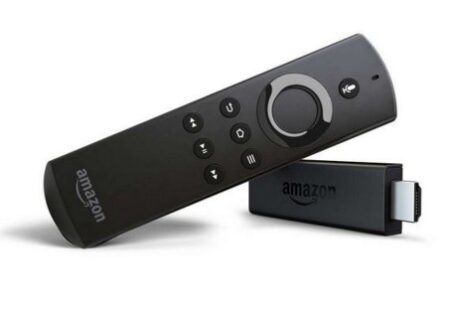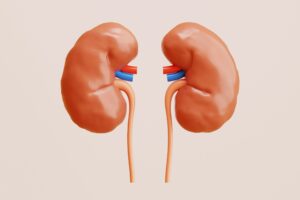Failure of a hard drive can be disastrous because all data stored on the disc could be lost instantly and without warning. On their computer hard drives, many people keep their files these days. Every hard disc, though, has a limited lifespan and is susceptible to failure. Hard drive failure may not be a concept all users are familiar with.
- Physical Failure: Physical hard drive failure can result in data loss and Windows boot problems because the hard drive or one of its components has been damaged or stopped functioning altogether.
- Logical Failure: A logical hard disk failure could result in files being lost or unable to be accessed. In other instances, the machine’s operating system can have been corrupted.
What factors contribute to Hard Drive Failure?
Hard drive failure can be brought on by power problems, firmware that has been corrupted, hardware that has failed, overheating, physical damage brought on by user error, and water damage issues.
Signs that Indicate Hardware Failure
Old electromechanical drives that store data on fast-spinning discs are the most vulnerable. However, your hard disc may crash any time, regardless of how long it has been used. But there are indicators of hard drive failures.
Disappearing Files
Files Are Missing or Failed to Open
Files abruptly disappear, common indicators of hard drive failure. If you discover that some files fail to open and are corrupted despite being saved without errors, or if some files mysteriously disappear, you should be vigilant and take action.
Frequently Crashes and Freezes the Computer
If your computer frequently crashes and freezes, Your hard drive could be the root of the problem. And if it happens after a brand-new installation, it is almost certainly the result of defective hardware, maybe including a failing hard drive.
Computer freezes and crashes can have a variety of causes, but they can also be an early sign of a failing hard drive. In this case, you can copy your crucial data to an external hard drive if your hard disc fails accidentally.
Unusual Sounds
Hard disc failure may also be indicated by sound. You should pay attention if you notice any unusual noises coming from the drive, such as clicking or grinding. Making an immediate backup is also highly advised because your drive can crash anytime.
Since everything functions normally, you might not consider this an issue. However, if a drive fails, it can result in data loss. Therefore, you should back up your data right away and replace the disc if you notice that your hard drive occasionally clicks or grinds.
Corruption of Files
However, corrupt data can appear in various ways if you notice the following.
- Names of files or folders that have been scrambled
- When opening, moving or saving files, error messages appear at random
- Files that do not open
- Data corruption in your files
- Files or folders that vanish
Data corruption occurs during the creation or storage of data. For example, a virus may corrupt your files.
Accumulating Bad Sectors
Bad sectors are challenging drive areas that do not maintain data integrity. Windows automatically hide bad sectors, so you won’t notice them unless you have problems with corrupted data. However, bad sectors on a failing hard drive can accumulate quickly, which means you’ll see these issues more frequently.
Windows won’t start
A failing hard drive may cause your computer to start up but fail to load Windows 10. If Windows still won’t boot even after numerous attempts, the problem is probably with your hard drive or corruption in Windows 10.
What You Should Do after Hard Drive Failure
What you can do if you think a hard drive failure is imminent is listed below.
- Backup your all Data
- Replace the Hard Drive
- Put Your Old Drive in a Secure Disposal
Conclusion
You may now be able to determine if your hard drive is failing after reading the list of typical signs of hard drive failure above. However, if you discover that your hard drive is failing, you should use the free disc software to replace it immediately with a healthy one.






